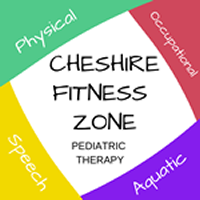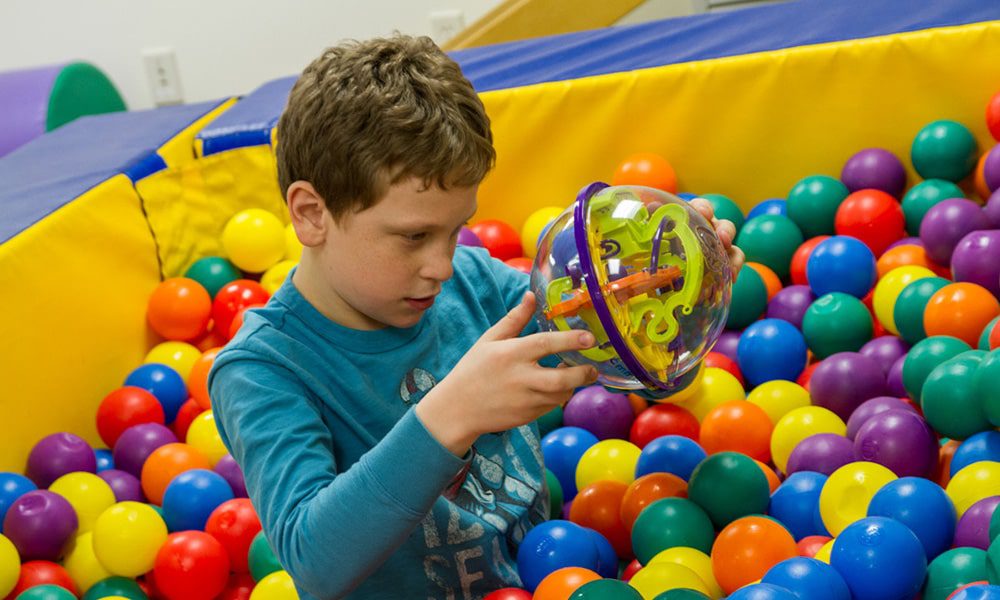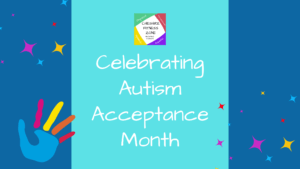As parents, we can’t wait for our children to say their first words or be able to tell us what they need. Ironically, once they start developing full sentences, we find ourselves telling them to quiet down or play the “no-talking” game. Unfortunately, for some children, language is an area of development that can be quite difficult. When a child seems to benefit from speech therapy, continuing their development with these activities at home can help push them towards more improvement.
Encourage Conversation
I don’t know about you, but sometimes I find myself asking my toddler questions that I know he can’t answer. I figure it will only help him to be smarter or be able to speak at a younger age. This isn’t always true though. Sometimes, asking your children yes or no questions can actually delay their development. Even worse, they can begin to fear yes or no questions because they don’t often get them right. Encouraging conversation with your child, in the right way, can in fact lead to greater improvements in their overall speech. Who wants to be stuck in a one-sided conversation anyway? Try asking open ended questions instead of yes or no questions. Open ended questions encourage your child to speak for themselves or come up with a detailed response. Children who are providing detailed responses in their everyday conversations also have the opportunity to develop ideas in their mind. Instead of saying “did you have a good day at school today?” Try to reword your sentences so that your child is able to provide you a unique response. “What was your favorite part of school today?” This might take a little effort on your part, to come up with different ways of asking questions, but it will help your child in the long run.
Listen…Listen carefully
Listening is a part of our regular day to day brain operations, but sometimes we aren’t actually engaging in active listening. Active listening means that you are not just hearing the words that someone is telling you, but you are processing the meaning of what they are saying in your brain. Do you remember the game of telephone? You know, those “boring” games before electronics were developed! If you don’t, telephone is a game where one person starts by telling the person next to them a sentence, story, or phrase. Each person then repeats it to the person next to them until the last person is able to repeat what was said. Generally, it is nothing like what the first person said because everyone puts their own twists and turns on how to word it, but most often it is because those of us participating in the game are not actively listening. Try playing the game of telephone with your child. It will not only help them with speech development, it will teach them to listen closely to what other people are saying so they are able to process information more efficiently.
Read
In many homes, reading is an important part of family interaction. Although children are required to read in school, many families use reading as a time to get together with one another. Reading can be a great way to help your child build their language development. When you are reading together, encourage them to be interactive with the book instead of just reading the words. Ask questions about the pictures. For older children, ask them to tell you about a time they went through a similar experience as the one you just read about. Finding connections in a story actually help children process the words. Here’s another interesting fact! You know that book you despise because you have read it about thirty times in the first two days in the week so far. Repeating the same story actually helps your child build their language be recognizing and understanding the words they are processing. So all those stories that you thought you were wasting your breath repeating actually do serve a purpose in helping your child succeed.
Make It Fun
The most important part of applying these concepts to your daily routine with your child is doing them in a way that they don’t feel is similar to homework. It is proven that toddlers learn best from fun and interactive activities. Make these tasks ones that your child looks forward to each day. By getting them excited about reading, or playing a listening game, or talking to you about their day, your child is actively participating in learning. They benefit most when they are engaged in what they are doing.
Speech therapy is an effective way to reduce the effects of developmental delays on your child’s speech. But incorporating your own efforts at home can benefit your child even more as they soar through developmental milestones with the help of their entire team. If you are overwhelmed at first, try starting with just one change, like cutting out ten minutes of TV time and replacing it with a family reading session. If nothing else, it will give you that extra quality time you always say you should set aside!



